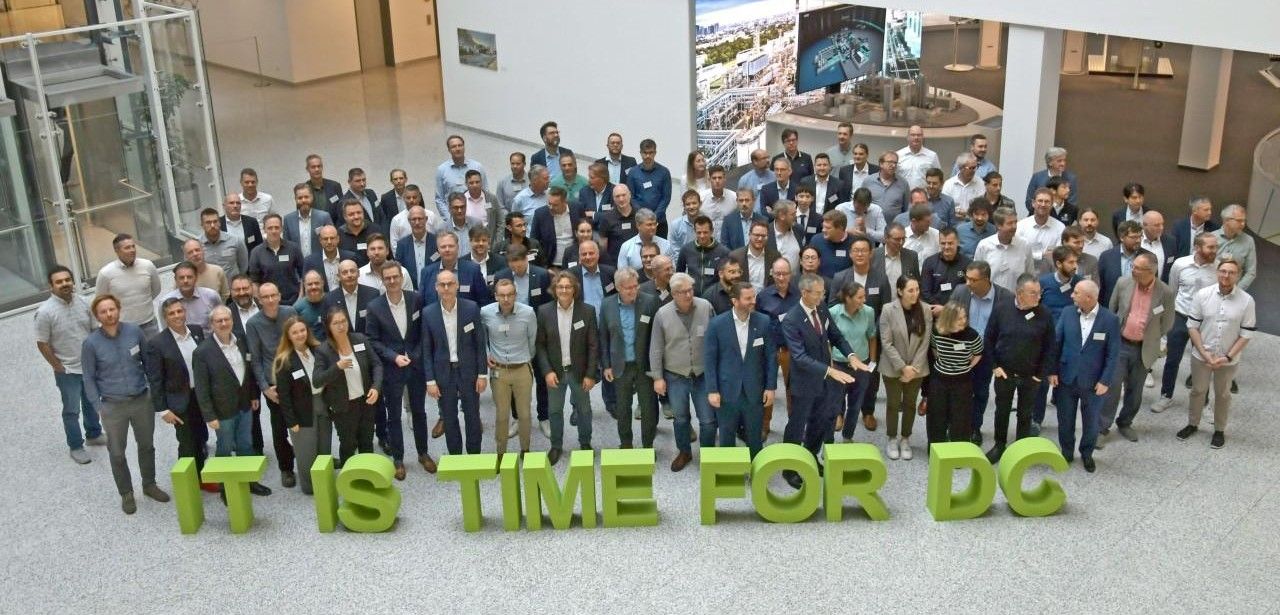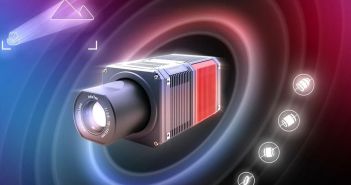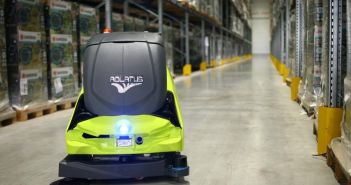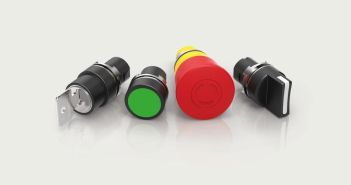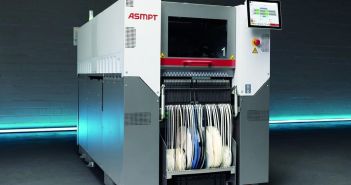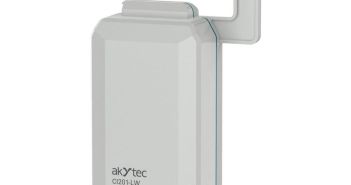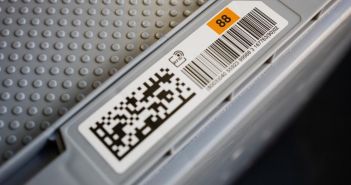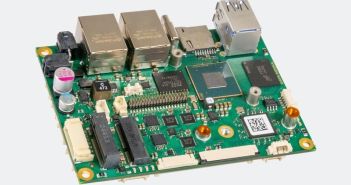On September 15 and 16, 2025 in Bad Pyrmont, 117 direct-current experts gathered at the ODCA conference to examine new applications. Phoenix Contact, a founding ZVEI member, emphasized DCs expanding role in industrial and energy infrastructures. Partnerships with Chinese and Korean organizations enhanced dialogues on standards and interoperability. The program culminated in visits to the All Electric Society Park and Factory, showcasing optimized energy coupling and efficient DC production networks.
Table of Contents: What awaits you in this article
117 DC Experts Convene in Bad Pyrmont for Summit
On September 15 and 16, 2025, the Open Direct Current Association convened a gathering of 117 industry experts in Bad Pyrmont. As the leading global authority on direct current technologies, the ODCA organizes semiannual meetings to advance technical developments and harmonize standards in DC applications. Attendees reviewed cutting-edge research, collaborated on emerging best practices, and explored strategies for integrating efficient DC solutions. This gathering highlighted global collaboration efforts and networking.
Direct current emerges as industrial megatrend with exponential growth
Dr. Martin Wetter, Executive Vice President at Phoenix Contact, called direct current (DC) an industrial megatrend driven by its efficiency and compatibility with next-generation energy systems. He noted that international collaborators are increasingly prioritizing DC infrastructure to reduce AC-DC conversion losses, improve grid stability, and enable seamless integration of renewables and storage. This collective momentum has triggered exponential growth in DC applications across manufacturing, telecommunications, data centers, and electric mobility, redefining conventional power distribution paradigms worldwide.
From thirty-three to eighty-six members, ODCA eyes Italy 2026
Since its launch with only thirty-three industry representatives in 2022, ODCA has evolved into a robust association now counting eighty-six members. This expansion demonstrates strong participation across manufacturing, energy, and technology sectors. Originally centered on German-speaking regions, the network has established significant collaborative partnerships with organizations in China and Korea. Preparatory efforts are in progress for a 2026 conference in Italy, aiming to deepen international collaboration and facilitate knowledge sharing.
Minimizing AC DC conversions enhances efficiency across power generation
Wind turbines, solar panels, battery cells and electric vehicles operate on direct current (DC). Converting DC to alternating current (AC) uses power electronics that generate inefficiencies and losses. Reducing conversions between DC and AC in generation, storage and consumption enhances overall performance. Fewer conversions lower thermal losses, simplify infrastructure and improve reliability. Implementing direct current networks leads to greater efficiency, reduced costs and supports sustainable energy integration for power systems.
Participants Explore Blomberg Park Demonstrating Energy and Heat Coupling
At the adjacent All Electric Society Park in Blomberg, participants observed how Phoenix Contact integrates generation and storage systems to optimize energy and heat flows. The facility showcases DC-based architectures that directly channel renewable outputs into heating networks and battery units. Demonstrations highlighted load management, advanced control algorithms and real-time monitoring. By eliminating conversions between alternating and direct current, the demonstration underscored strategies for maximizing efficiency and reducing carbon emissions.
Experts Explore DC Innovations Enabling Near Energy-Neutral Industrial Production
In the All Electric Society Factory, participants observed advanced innovations enabling near energy-neutral operation within a direct current network. By integrating photovoltaic arrays, energy storage modules, and efficient power electronics, facility operators demonstrated how DC distribution reduces conversion losses. Real-time monitoring and adaptive load management ensure optimal energy flow from generation to consumption. This pilot application confirms that implementing dedicated DC infrastructures can enhance industrial efficiency and long-term overall sustainability.
ODCA conference showcases DC efficiency and sustainable energy future
The semiannual assembly of the Open Direct Current Association in Bad Pyrmont showcased multiple advantages of direct current technology, ranging from improved energy efficiency and minimized conversion losses to enhanced global collaboration. Participants explored how DC integration accelerates the transition toward a sustainable energy infrastructure. Phoenix Contacts involvement and the ODCAs All Electric Society initiatives provided practical demonstrations and frameworks for designing low-emission industrial systems on efficient DC power networks.


